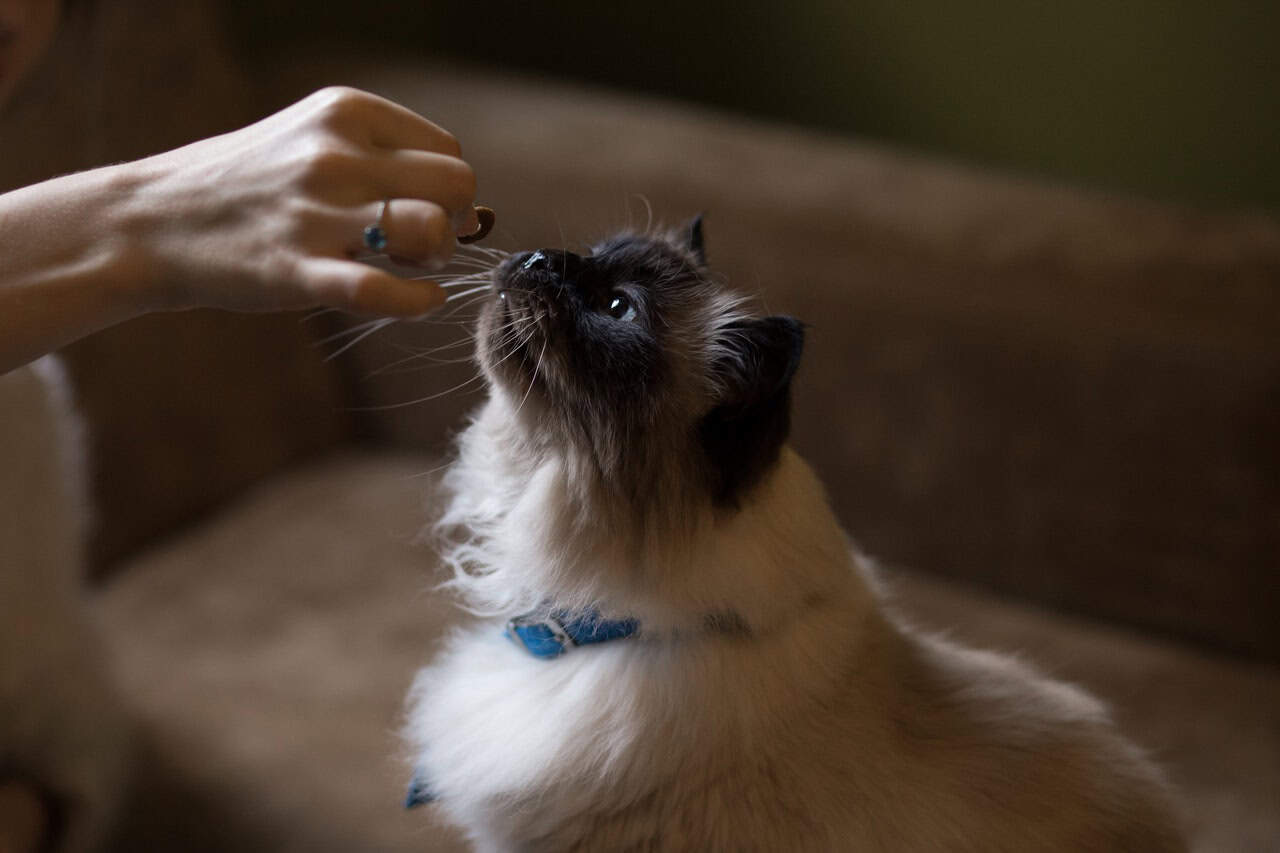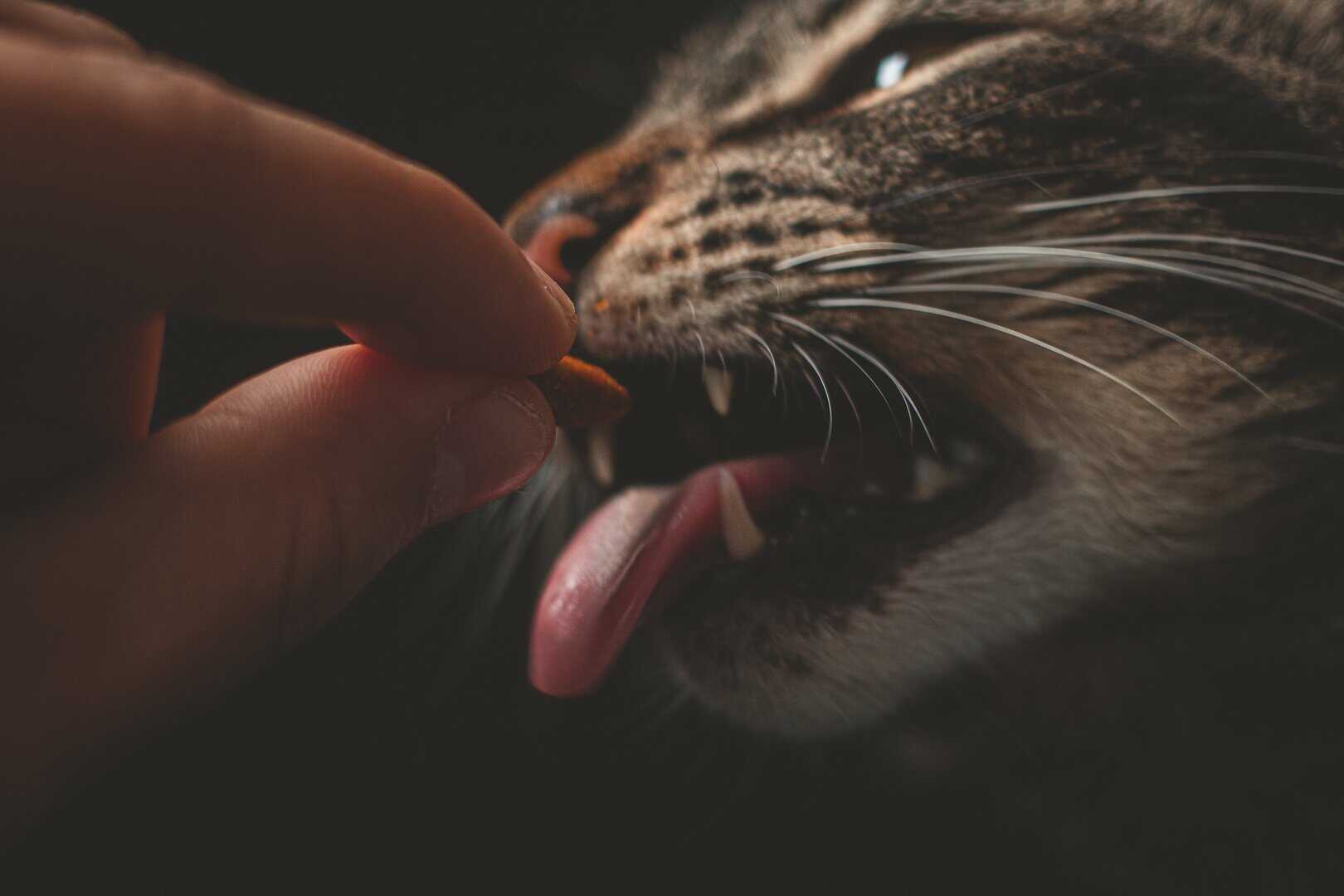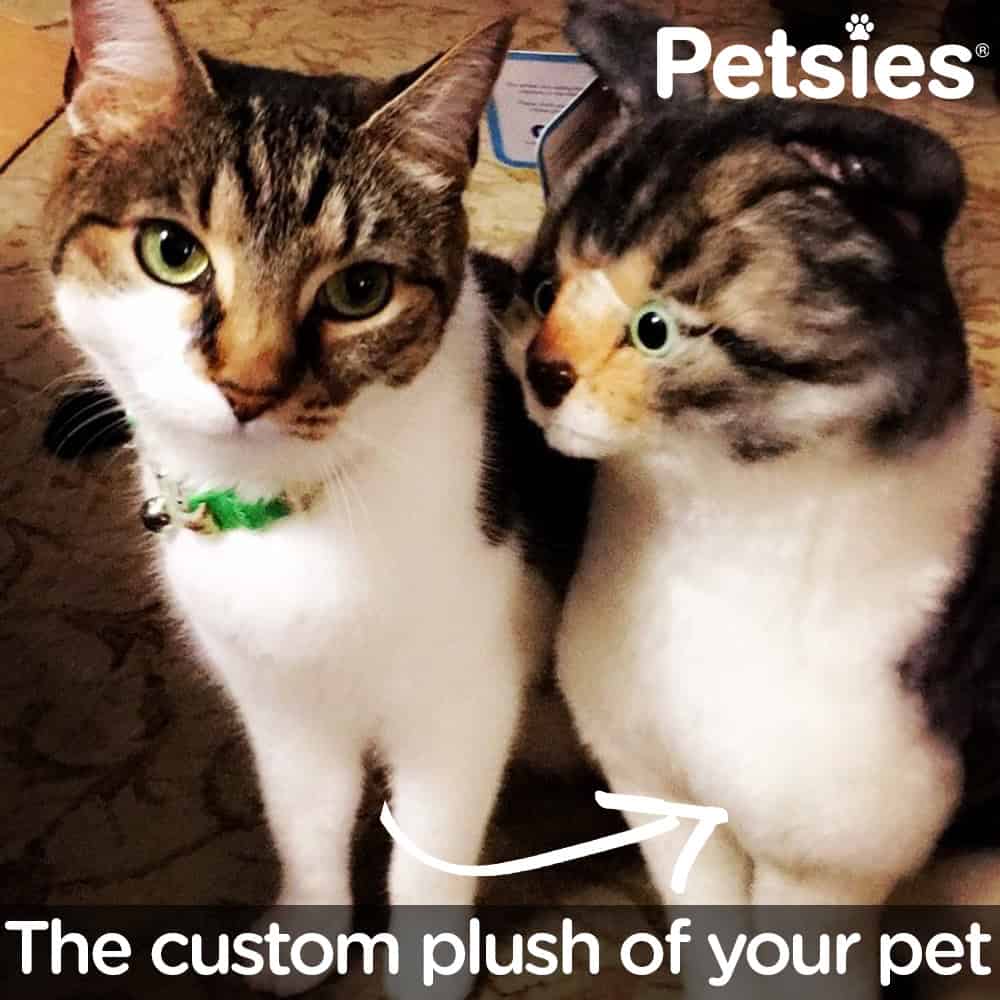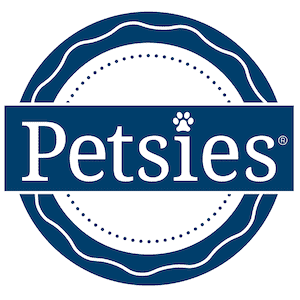We are a professional blog site that may receive compensation or free samples from the companies whose products and topics we write about. We are independently owned, and the opinions expressed here are of the writer. To read the full disclosure click here.
______________________________
A nutritious diet is important for your cat’s health. Before feeding your pet, you need to learn all about the best cat food. This way you’ll know the high-quality ingredients to look for and how they can impact your pet’s health. A proper balance of nutrients will help your cat to feel happy and live a long fulfilling life. There are four essential ingredients to look for when choosing your pet’s food. They include protein, fiber, fats, and carbohydrates.
Your Cat’s Food Should be High in Protein
Cats are carnivores aka meat-eaters so they need a lot of protein. In fact, much more than dogs and other domestic animals. Protein is the basis for enzymes, hormones, and neurotransmitters. It is very important for a cat’s immune system. Different types of protein form the so-called carbon chains which are necessary to make glucose for energy.
Cats require two grams of protein per kilogram of their body a day. So before including this ingredient to your pet’s diet, you should better do some calculations. Here are some high-quality protein products:
- Chicken
- Salmon
- Eggs
- Poultry
- Fish
- Milk
- Beef
- Lentil
By-products can also a good source of protein. For instance, intestines contain an amino acid called taurine which is essentially important for a cat’s health. Just because you don’t like to eat liver, intestines, or heart doesn’t mean these by-products are not useful for your pet. In the 1980’s scientists conducted numerous studies proving that lack of taurine in a cat’s diet can cause eye problems leading to blindness and other health problems. A taurine deficiency can lead to deafness, cardiomyopathy and heart failure, inadequate immune response, poor neonatal growth, reproductive failure, and other defects. Protein is crucial to your cat’s diet.
You should take into account that there are 20 common amino acids, but only 11 of them are essential for your cat’s health. High-quality protein food has a perfect balance of all of the essential amino acids.
Fiber is Important for Cats
Fruits and vegetables are the basis of your cat’s proper digestion. Fiber provides bulk to move food through. Bacteria break down some types of fruits and vegetables and create short-chain fatty acids (SCFA). They are extremely important in the digestion process. You should choose the products with a low percentage of cellulose. It is poorly fermentable. You should add such food only if your cat needs to lose weight. Cellulose dilutes calories and maintains proper weight. However, some fruits and vegetables are moderately and highly fermentable. Apples, beet pulp, and grains can help your cat to have regular bowel movements.
You can also add some prebiotics like fructooligosaccharides (FOS), to achieve the maximum result. Your pet’s meals should not have more than 10% of fiber. If there is a higher percentage, it can decrease the digestibility of other important ingredients. You should consult your veterinarian before adding extra fiber to your cat’s diet.
Fats in Cat Food
Fats provide a lot of energy and are important in your cat’s everyday activity. They contain twice as much energy as protein. Fats are a key product for brain functionality and are important for your pet’s skin and coat. Omega-6 and omega-3 fatty acids can have a healing effect. They are used to help inflammation, and can also help different kinds of allergies, arthritis, inflammatory bowel disease, and progressive renal failure.
The most fat-soluble vitamins are:
- Vitamin A (vision; growth; immune function; fetal development; cellular differentiation)
- Vitamin D (maintenance of mineral status; skeletal structure; phosphorus balance)
- Vitamin E (defense against oxidative damage)
- Vitamin K (activation of clotting factors, bone proteins, and other proteins)
Great sources of fat can be found in animal proteins and vegetable oils. However, proper fat balance is essential. Fats bring additional flavor to a cat’s food, but if it is too much, your pet can gain weight very fast. Pet obesity is a huge problem to deal with. There should be about 9% of fat in a cat’s diet.
Cat Food Should Include Carbohydrates
Cats don’t require as many carbohydrates as other pets. However, dry kibble is made of carbohydrate elements such as whole-grain barley, cornmeal, and rice. It is good for cats as long as they eat it in small amounts.
There have been rumors about the idea that these ingredients may lead to animal cancer. However, a 2007 study by veterinary researchers at Utrecht University found no connection between a carbohydrate diet and this disease. Experts suggest using quality dry food as a “treat” for your cat. Make sure green peas, sweet potatoes, potato starch, and other carbohydrates are just a cherry on top of your cat’s diet. Your pet shouldn’t get used to eating large quantities of carbohydrates.
There is no doubt that you want to provide the best cat food to your pet no matter what the newest health trends say. You should always consult your veterinarian before making changes in your pet’s nutrition process. You need to develop a diet with all the vitamins and minerals necessary for your cat’s everyday life. Your doctor must take into account a lot of factors, such as weight, age, temper, and many more. So make a list of products you want to add to your cat’s diet and show it to the vet.
*Always consult your veterinarian before changing your pet’s diet.*







